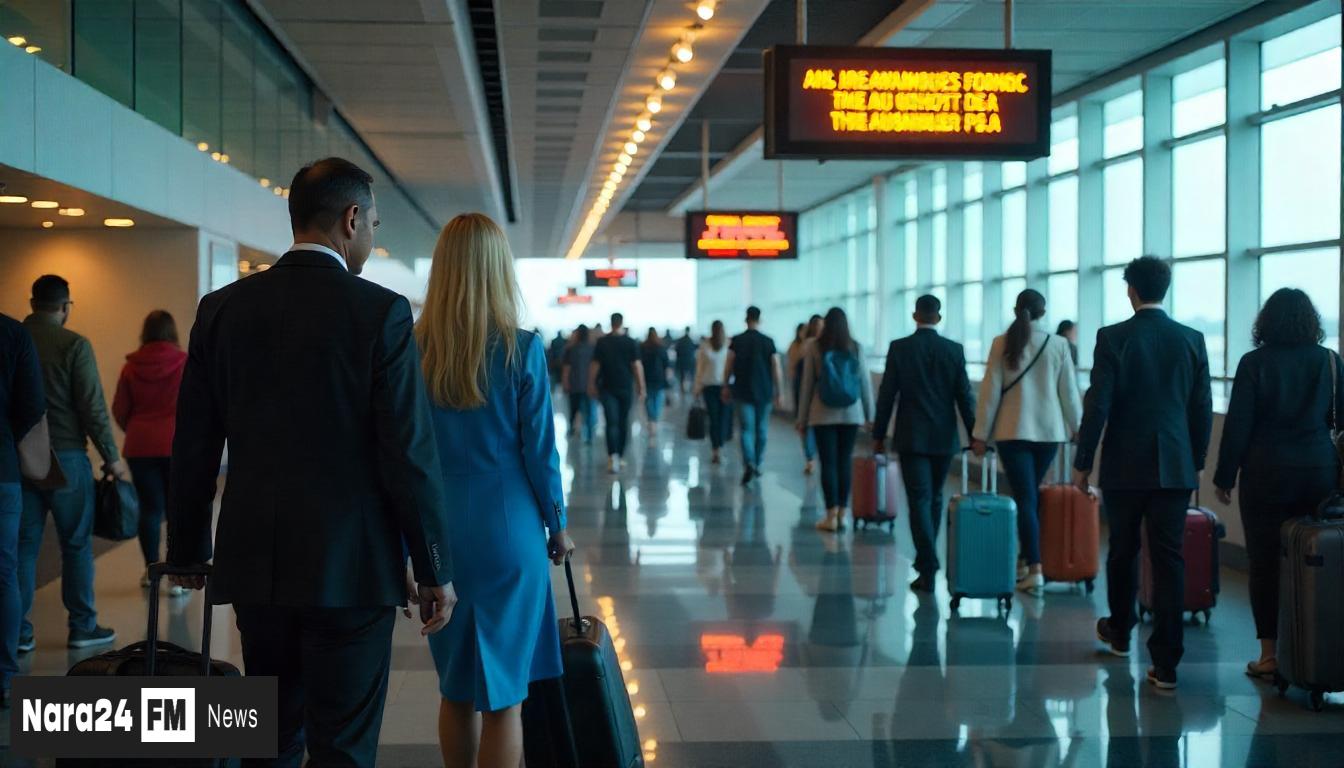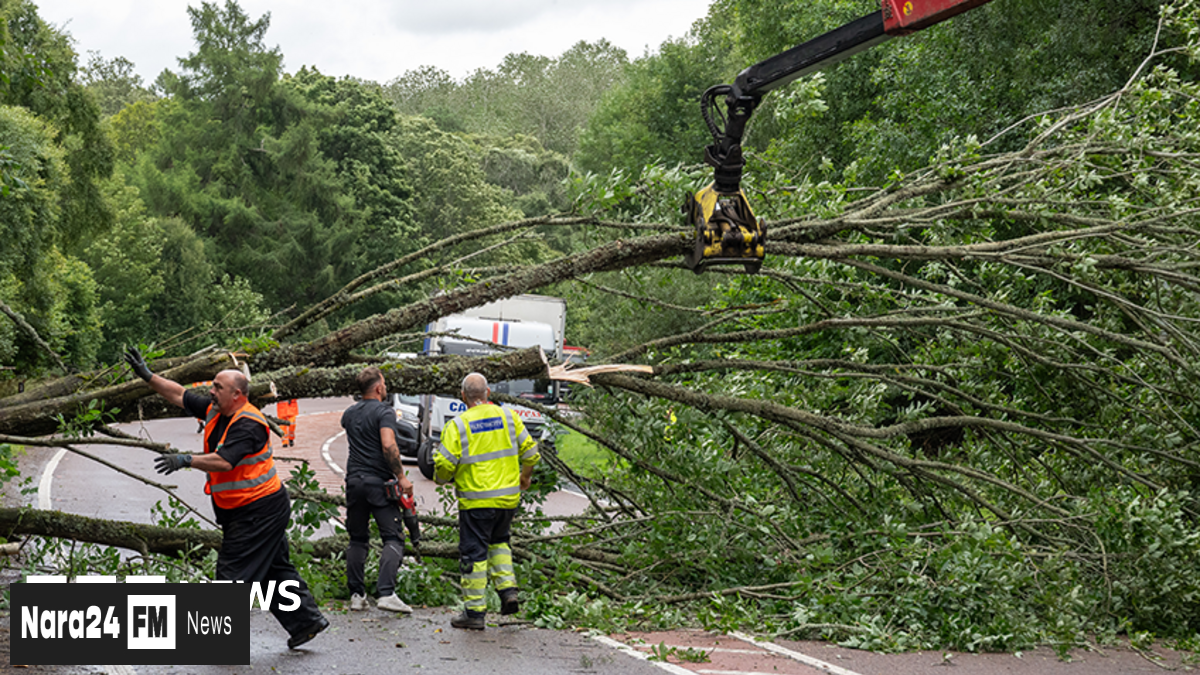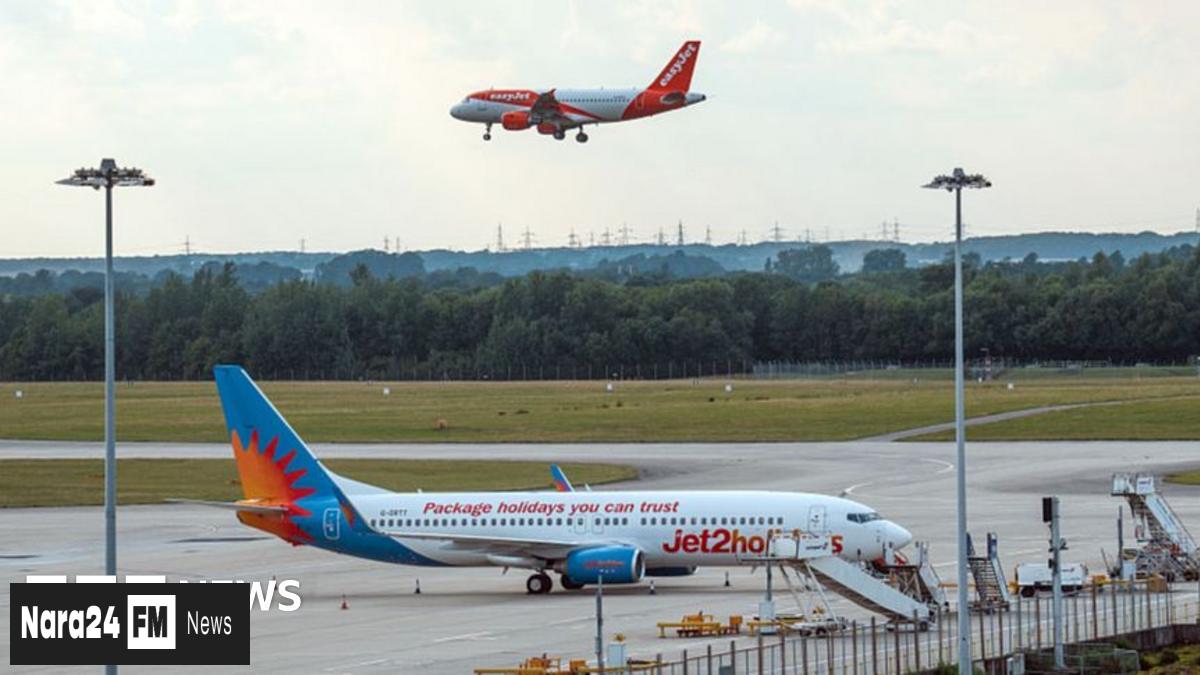In This Article
- Severe Weather Disrupts European Air Travel
- Heathrow Faces Crosswinds and Delays
- Frankfurt Struggles Amidst Thunderstorms
- Berlin Brandenburg and Munich Hit Hard
- Amsterdam Schiphol Battles Strong Gusts
- System Vulnerability and Passenger Guidance
Key Takeaways
- Severe weather caused nearly 2,000 flight cancellations or delays across major European airports.
- Multiple airlines, including Lufthansa, KLM, British Airways, and Air France, experienced significant disruptions due to unsafe flying conditions.
- Major hubs like London Heathrow, Frankfurt, Berlin Brandenburg, Munich, and Amsterdam Schiphol faced severe disruptions, with some airports reporting over 300 delays and cancellations.
- The extreme weather conditions, including crosswinds, lightning risks, and low visibility, overwhelmed airport logistics and stranded thousands of passengers.
- The incident highlights the vulnerability of Europe's aviation system during simultaneous extreme weather events across key regions.
Severe weather has wreaked havoc on air travel across Europe, leading to the cancellation or delay of nearly 2,000 flights. Major hubs such as London Heathrow, Frankfurt, Berlin, Amsterdam, and Paris were among the hardest hit as strong winds, heavy rain, and violent thunderstorms swept through the region. Airlines including Lufthansa, KLM, British Airways, Air France, Emirates, Qatar Airways, Ryanair, American Airlines, and Air India faced significant disruptions, with many forced to cancel routes or reroute operations due to unsafe flying conditions.
The extreme weather, which included crosswinds, lightning risks, and low visibility, brought some runways to a standstill and created a ripple effect across both short-haul and international networks. The scale of the disruption overwhelmed airport logistics, leaving thousands of passengers stranded and scrambling to rebook their travel plans.
Heathrow Faces Crosswinds and Delays
At London Heathrow, powerful crosswinds caused 212 delays and 9 cancellations by the afternoon. British Airways, the airport's primary carrier, saw over 100 flights delayed and 6 grounded. Other airlines, including Lufthansa, KLM, Air France, Etihad Airways, and Qatar Airways, also reported delays. Transatlantic carriers like United Airlines, American Airlines, and Delta faced setbacks, with many passengers missing connecting flights due to the chaos.
Frankfurt Struggles Amidst Thunderstorms
Frankfurt International Airport, Germany's largest hub, recorded 347 delays and 9 cancellations. Lufthansa, headquartered in Frankfurt, experienced over 150 delayed flights, with disruptions spreading across its subsidiaries. Airlines such as Swiss, Qatar Airways, Etihad, and Singapore Airlines also faced significant delays, while smaller carriers like Smart Lynx and Air Astana saw complete disruptions to their schedules.
Berlin Brandenburg and Munich Hit Hard
Berlin Brandenburg Airport reported 105 delays and 6 cancellations as heavy thunderstorms made departures unpredictable. Lufthansa and easyJet faced prolonged delays, while international carriers like Air France, KLM, and Qatar Airways dealt with hour-long holdups. Munich Airport, however, bore the brunt of the storm, with 348 delays and 20 cancellations, making it the worst-affected airport in Europe for the day. Lufthansa and its subsidiaries experienced up to 40% of their flights delayed or canceled.
Amsterdam Schiphol Battles Strong Gusts
Amsterdam Schiphol Airport grappled with strong gusts, resulting in 247 delays and 27 cancellations. KLM, the airport's main carrier, recorded over 100 delays, primarily affecting its European short-haul services. Some inbound flights were diverted to nearby airports in Belgium and northern Germany. Air France, Delta, United, JetBlue, and Qatar Airways also experienced ripple effects, while regional airlines like BA CityFlyer and Croatia Airlines faced widespread disruptions.
The severe weather has highlighted the vulnerability of Europe's aviation system when extreme conditions strike multiple key regions simultaneously. Passengers are advised to check with their airlines for updates and allow extra time for travel as the situation continues to evolve.








Comments (0)
Leave a Comment
Be the first to comment on this article!